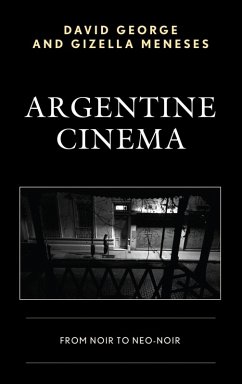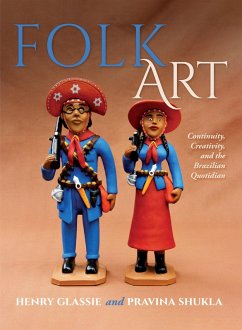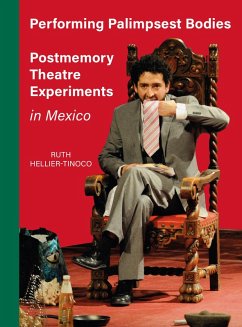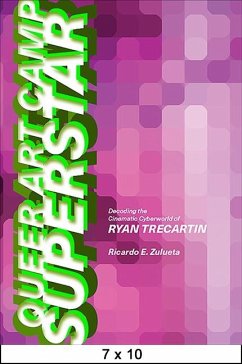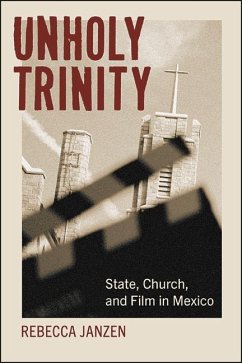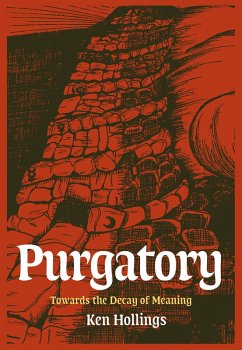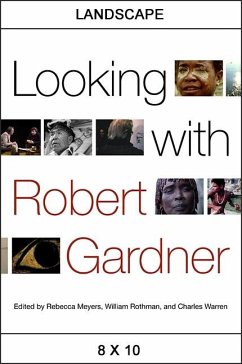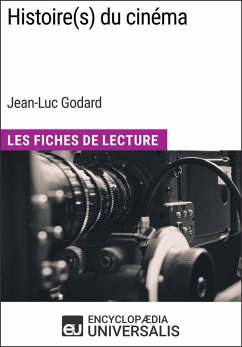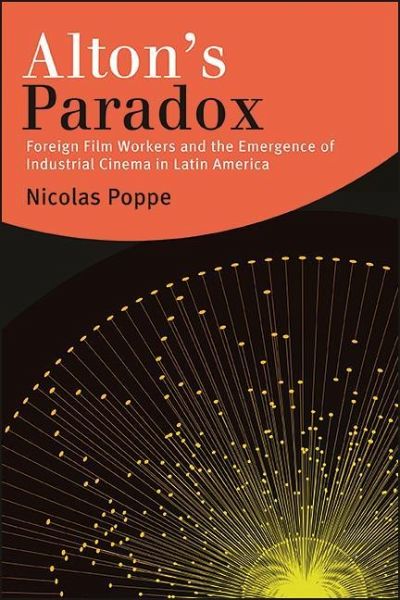
Alton's Paradox (eBook, ePUB)
Foreign Film Workers and the Emergence of Industrial Cinema in Latin America
Versandkostenfrei!
Sofort per Download lieferbar
27,95 €
inkl. MwSt.
Weitere Ausgaben:

PAYBACK Punkte
14 °P sammeln!
Uses extensive archival research to explore the manifold contributions of foreign film workers to emerging film industries in Latin America from the 1930s to early 1940s.Alton's Paradox builds upon extensive archival and primary research, but uses a single text as its point of departure-a 1934 article by the Hungarian American cinematographer John Alton in the Hollywood-published International Photographer. Writing from Argentina, Alton paradoxically argues of cine nacional, "The possibilities are enormous, but not until foreign technicians will take the matter in their hands and with foreign ...
Uses extensive archival research to explore the manifold contributions of foreign film workers to emerging film industries in Latin America from the 1930s to early 1940s.
Alton's Paradox builds upon extensive archival and primary research, but uses a single text as its point of departure-a 1934 article by the Hungarian American cinematographer John Alton in the Hollywood-published International Photographer. Writing from Argentina, Alton paradoxically argues of cine nacional, "The possibilities are enormous, but not until foreign technicians will take the matter in their hands and with foreign organization will there be local industry." Nicolas Poppe argues that Alton succinctly articulates a line of thought commonly held across Latin America during the early sound period but little explored by scholars: that foreign labor was pivotal to the rise of national film industries. In tracking this paradox from Hollywood to Mexico to Argentina and beyond, Poppe reconsiders a series of notions inextricably tied to traditional film historiography, including authorship, (dis)continuation, intermediality, labor, National Cinema, and transnationalism. Wide-angled views of national film industries complement close-up analyses of the work of José Mojica, Alex Phillips, Juan Orol, Ángel Mentasti, and Tito Davison.
Alton's Paradox builds upon extensive archival and primary research, but uses a single text as its point of departure-a 1934 article by the Hungarian American cinematographer John Alton in the Hollywood-published International Photographer. Writing from Argentina, Alton paradoxically argues of cine nacional, "The possibilities are enormous, but not until foreign technicians will take the matter in their hands and with foreign organization will there be local industry." Nicolas Poppe argues that Alton succinctly articulates a line of thought commonly held across Latin America during the early sound period but little explored by scholars: that foreign labor was pivotal to the rise of national film industries. In tracking this paradox from Hollywood to Mexico to Argentina and beyond, Poppe reconsiders a series of notions inextricably tied to traditional film historiography, including authorship, (dis)continuation, intermediality, labor, National Cinema, and transnationalism. Wide-angled views of national film industries complement close-up analyses of the work of José Mojica, Alex Phillips, Juan Orol, Ángel Mentasti, and Tito Davison.
Dieser Download kann aus rechtlichen Gründen nur mit Rechnungsadresse in A, D ausgeliefert werden.




